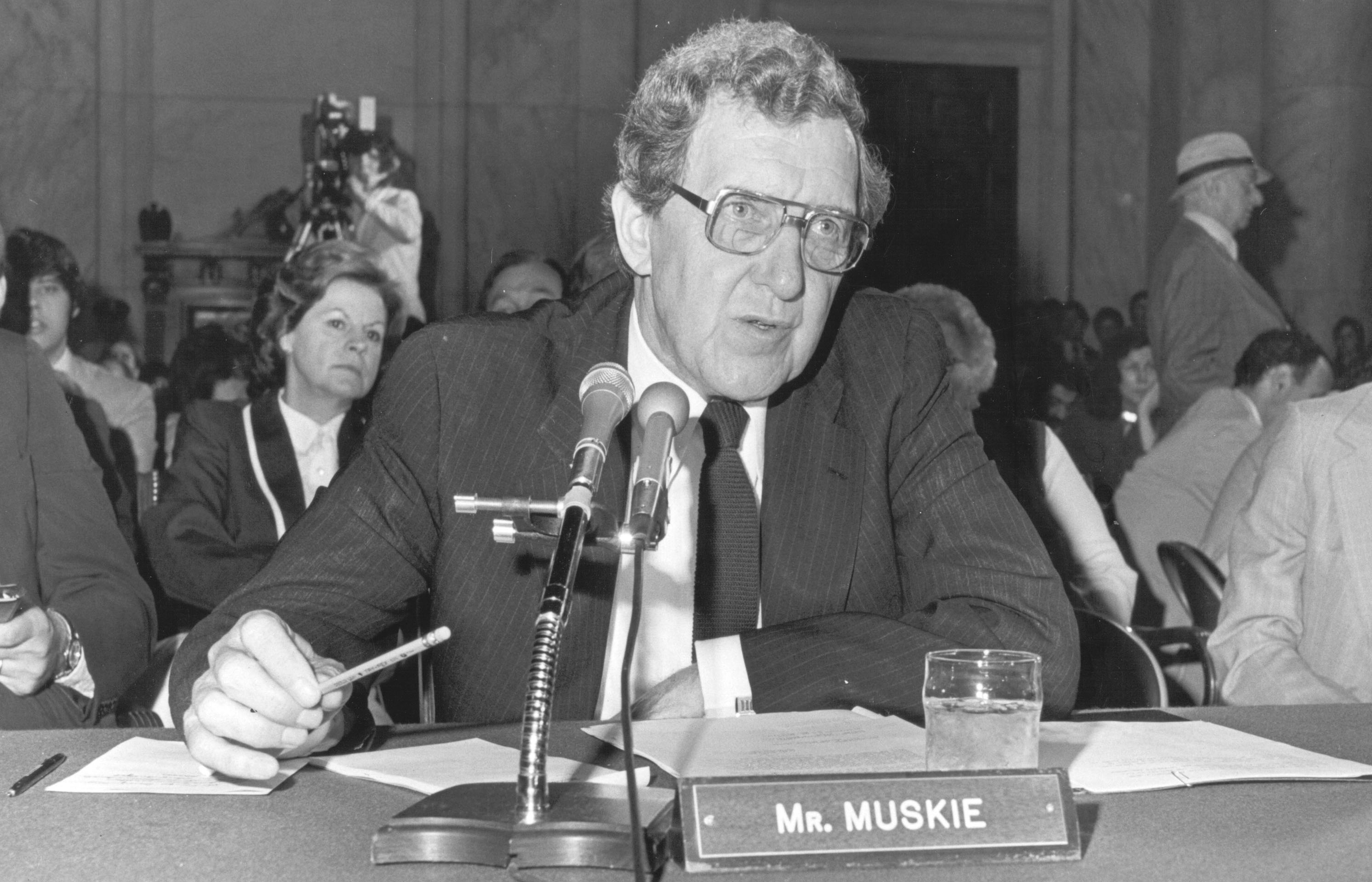
Edmund S. Muskie Oral History Collection
Document Type
Oral History
Loading...
Publication Date
10-29-1999
Interview Number
MOH 159
Abstract
Elizabeth Jonitis was born in Westchester, Pennsylvania in 1921. Her parents, Clark and Elizabeth Wright, married during World War I and were Quakers. She went to a Quaker boarding school. During World War II she was in the Women’s League for Peace and Freedom and volunteered with the American Friends Service, spending five years with that organization in Washington. She later taught English as a secondary language (ESL) in Lewiston, Maine. In 1954 she worked at Pineland, a school for the mentally handicapped. She worked in Special Education in the Auburn schools and was president of the Central Maine NAACP. In 1960 she assisted county jail inmates in acquiring their GEDs. Her husband is Peter Jonitis, who also was interviewed for this project (MOH 158).
Use Restrictions
Copyright Bates College. This transcript is provided for individual Research Purposes Only; for all other uses, including publication, reproduction and quotation beyond fair use, permission must be obtained in writing from: The Edmund S. Muskie Archives and Special Collections Library, Bates College, 70 Campus Avenue, Lewiston, Maine 04240-6018.
Recommended Citation
Gethin-Jones, Meredith, "Jonitis, Elizabeth oral history interview" (1999). Edmund S. Muskie Oral History Collection. 186.
https://scarab.bates.edu/muskie_oh/186


Scope and Content Note
Interview includes discussions of: Shep Lee’s political statements and stance; Peter Jonitis’s position paper on Maine Indians; Muskie speaking at local schools; Elizabeth and her daughter meeting Muskie at the Auburn airport; mother’s family’s arrival in America; father’s family’s presence in Trenton, New Jersey; Levi Coffin and the Underground Railroad; college peace groups during WWII; Peter turning down job at Vanderbilt because of bigotry there; Southern Methodist church segregation at time of Civil War; Ku Klux Klan in Maine before 1921; ethnic tensions in Lewiston between French and Irish in mills; Jean Sampson as president of League of Women Voters in Maine; NAACP in New York City after Smith; Louis Scolnik, NAACP legal advisor; NAACP convention in Atlanta in 1961; Benjamin Mays; and meeting Martin Luther King, Jr.